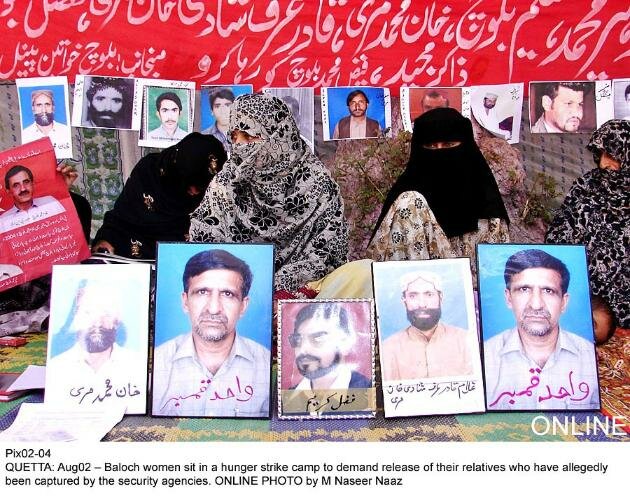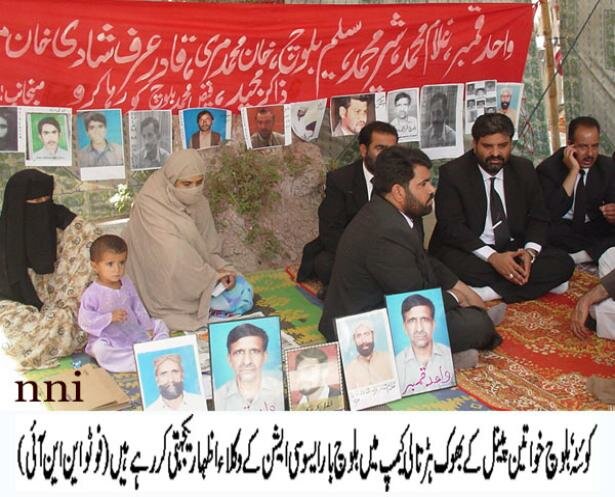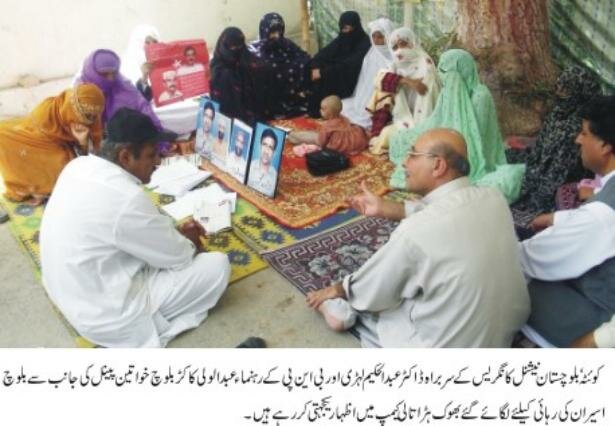|
|
|
|
|
|
|
|
|
|
|
|
|
|
|
|
|
|
|
|
|
|
| Baloch Society Of North America (BSO_NA) Baloch Society Of North America (BSO_NA) is Non-Profit Organization, working to unite and Organize all Baloch in North America, to expose the Occupation of our land (Balochistan) and exploitations of our resources by Pakistani and Iranian Governments, and to bring their Human Rights Violations in Balochistan into the world’s Notice. |


